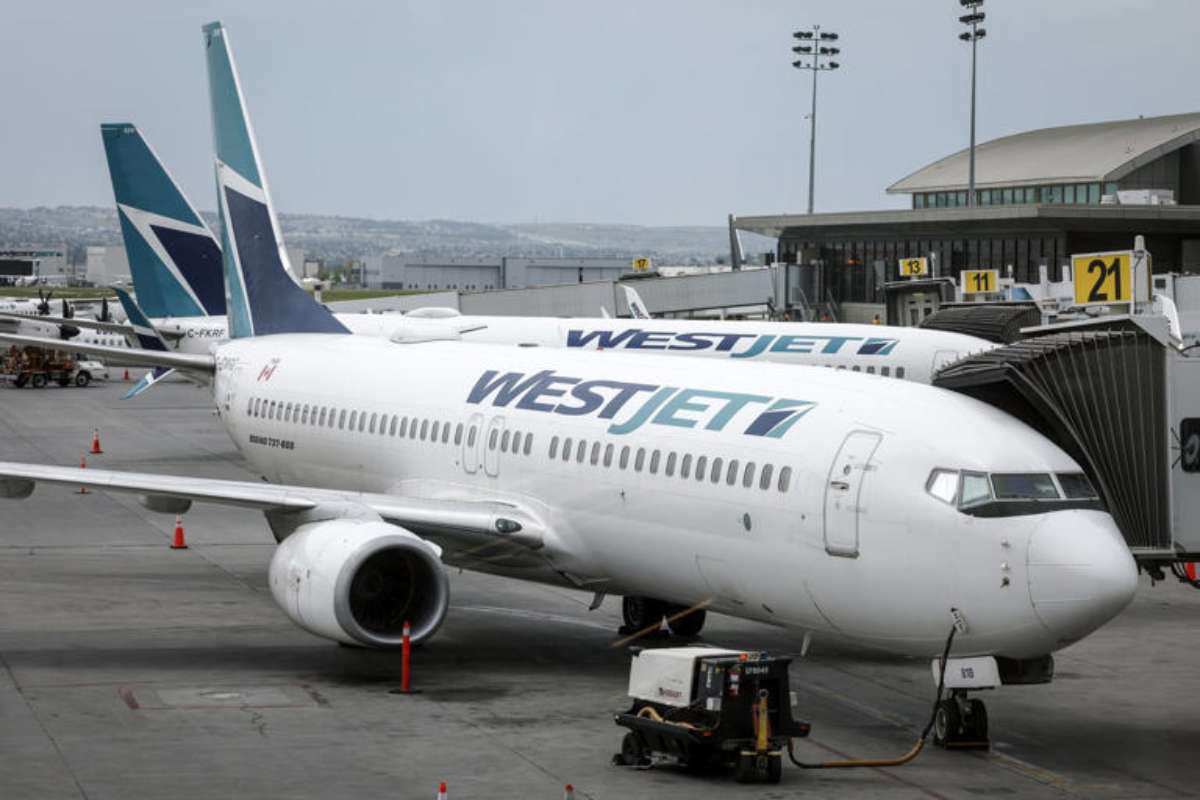WestJet Canadian airline has disclosed that a WestJet cyberattack earlier this year resulted in the theft of personal information from some passengers, including details from travel documents such as passports. While no payment card or password data was taken, the breach highlights the persistent cyber risks facing the aviation industry.
The compromised data varies by individual but may include names, dates of birth, contact details, gender, booking records, reservation numbers, and information from government-issued ID used for travel. WestJet Canadian airline has warned that the stolen data could be exploited for identity theft or fraud and is offering two years of complimentary identity monitoring to those affected.
The intrusion was detected on June 13, when the airline identified unauthorized access to parts of its systems. Canada’s Office of the Privacy Commissioner has launched an investigation.
WestJet Canadian Airline Part of a Broader Campaign Targeting Aviation
This incident is the latest in a series of cyber intrusions affecting global carriers, with Hawaiian Airlines and Qantas also recently reporting security breaches. The FBI has issued warnings about the hacking group Scattered Spider — also tracked as UNC3944 — which is believed to be focusing on the aviation sector.
Scattered Spider is known for high-profile attacks on MGM Resorts and Caesars Entertainment, leveraging advanced social engineering techniques such as phishing, SIM swapping, and impersonation to bypass multi-factor authentication. The group’s methods often grant them access to privileged accounts, enabling lateral movement and data exfiltration.
Cybersecurity analysts note that airlines remain high-value targets due to:
- Large volumes of sensitive personal data tied to identity verification and travel documents.
- Interconnected legacy systems that can contain security blind spots.
- Seasonal traffic spikes that create operational pressure, making phishing attempts more effective.
Insurance and Risk Management Impact
For Canadian insurers, the breach underscores the long-tail liability associated with identity data exposure. Unlike payment card fraud, which can often be mitigated quickly, stolen passport and ID details can be exploited for years. This translates into higher costs for monitoring services, regulatory compliance, and potential class-action litigation.
The attack also parallels recent intrusions in the U.S. insurance sector. Erie Insurance and Philadelphia Insurance have both reported breaches aligned with Scattered Spider’s tactics, in which attackers infiltrated staff-facing service environments to gain persistent access to corporate networks.
Industry experts recommend that aviation and insurance companies strengthen:
- Identity verification protocols to reduce fraudulent access attempts.
- Privileged account management to limit administrative abuse.
- Vendor and third-party access controls to reduce supply chain risk.
Cross-Sector Cyber Threat
The WestJet Canadian airline breach demonstrates that the same advanced threat actors are actively targeting multiple industries — from airlines to insurers — using highly tailored, human-centric intrusion techniques. As investigations continue, security teams are urged to treat identity data as a critical cyber asset and to prepare for the operational and reputational fallout that can accompany its compromise.
Also Read :- Cyberattack Hits Hawaiian Airlines’ IT Systems, Flights Continue Undisturbed






